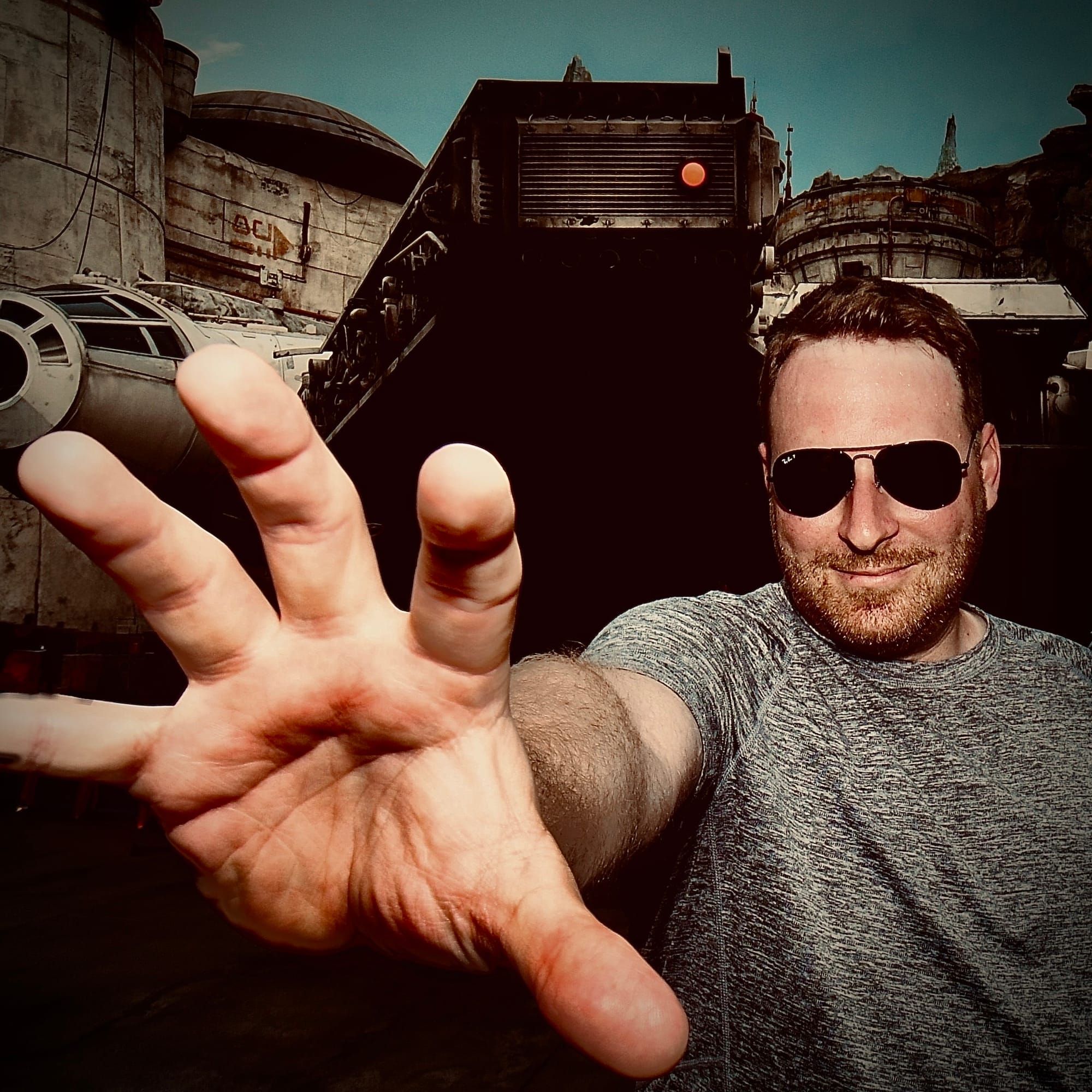I Hope We Don’t Return To Normal
I hope we stay on the path to unity.

Pop quiz, hotshot.
Dennis Hopper as Howard Payne in Speed
Speed is a 1994 action movie about a bomb on a bus. If the bus’ speed drops below 55 miles-per-hour, the bomb explodes. Keanu Reeves’ character, a rash cop named Jack, helps get all the bus passengers to safety while catching the bad guy. Annie, a passenger, played by Sandra Bullock, ends up driving the bus for most of the film. After they escape the bus and right before it crashes into an airline tanker truck, Annie and Jack share a moment.
Annie: You're not going to get mushy on me, are you?
Jack: Maybe. I might.
Annie: I hope not, 'cause you know, relationships that start under intense circumstances, they never last.
Jack: Oh yeah?
Annie: Yeah, I've done extensive study on this.Annie was correct; her relationship with Jack did not last. Keanu Reeves was not part of the ill-advised Speed 2: Cruise Control about an out of control cruise ship. Annie, along with another male lead, saves the day without Jack.
Just like Annie predicted, crisis and tragedy bring people together.
When crisis strikes, be it natural disaster or mass-shooting, communities rally together. For a time, that community is at the forefront of everyone’s minds, regardless of their home.
For weeks after the Pulse shooting here in Orlando, well-wishes and donations poured in from around the country. Banners proclaiming #OrlandoUnited and #OrlandoStrong flew around the world. Relationships formed across the country as families and non-profits reached out, offering support and care. Locally, thousands of people came together to remember those lost and vowed never to let hate win again.
Right now, we’re all experiencing a shared tragedy. And not just here in the United States. For the first time in our lives, everyone in the world is living through a shared global crisis.
Every day the number of people infected and succumbing to the COVID-19 coronavirus grows. The global pandemic is revealing multiple inadequacies with healthcare systems and governments across the planet.
Despite the constant bad news, humanity is uniting through our shared tragedy. We’re coming together and forging new relationships.
While many of us stay home except for essential activities, we’re finding new ways to unite.
Families share FaceTime meals, friends gather for Zoom Happy Hour, and churches meet online. Grocery stores around the globe provide dedicated hours for the elderly to reduce their exposure to infection. Relationships are forming around the world as hundreds of thousands of people, united in our shared home-bound experience, share views from our windows in a Facebook Group. Healthcare workers are finally being acknowledged as the heroes they are.
These, and thousands of others, are ways we’re connecting through this shared crisis. New relationships are forming, and others are strengthening as we all cope with this shared tragedy.
Yet, Annie’s warning from 1994 holds: Relationships that start under intense circumstances rarely last. And, let’s face it, our track record isn’t fantastic.
A few weeks after Pulse, the national media grew tired of the story and moved on to something else. As the cameras left, so did the widespread calls for unity and connection. Families and non-profits around the world stopped sending well-wishes as focused on their lives. Then, when tragedy struck elsewhere, the cycle repeated.
When we make it through our current pandemic, humanity will approach a fork in the road. One path forges ahead on the trails we’re carving today. This path focuses on unity, where we care about each other and do everything we possible for our shared experiences. The other path, well, the other path takes us back to normal. This is the path we always fall into, the one where we focus on ourselves until the next shared tragedy strikes.
Normal means we return to focusing on profits over people. Normal means nurses, the elderly, and those stocking grocery shelves are no longer considered essential. Normal means healthcare becomes a political bargaining chip and is not a fundamental human right. Normal means relationships formed in intense circumstances don’t last.
I hope we don’t return to normal. I hope we choose the united path instead.

